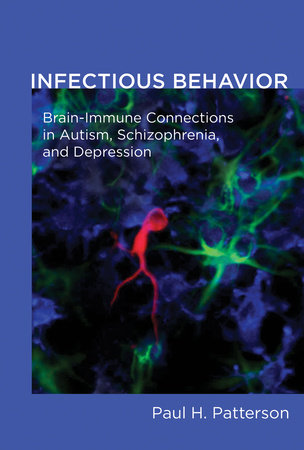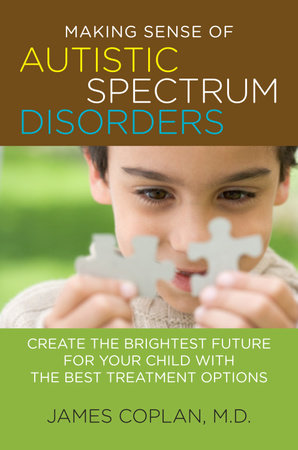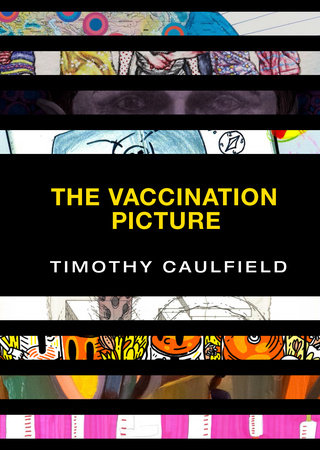

Infectious Behavior
By Paul H. Patterson
By Paul H. Patterson
By Paul H. Patterson
By Paul H. Patterson
Category: Wellness | Psychology
Category: Wellness | Psychology

-
$30.00
Sep 13, 2013 | ISBN 9780262525343
-
Sep 09, 2011 | ISBN 9780262297677
YOU MAY ALSO LIKE

Illiterate America

Making Sense of Autistic Spectrum Disorders

Living Like Ed
Praise
A chapter is devoted to an evidence-based review of the theory of a connection between vaccinations and autism. For this chapter alone, this book is worth a recommendation. This well-written book is good for anyone interested in behavior, disease, maternal-child health, and public health.—Library Journal—
His title is a little daunting, but neurobiologist Patterson has succeeded in his aim of crafting an accessible, even fascinating, book about one of the hottest topics in mental health. In the long-running nature versus nurture argument, our era is all about nature. There is no one left—no one with scientific credentials, at least—who believes the way we nurture our offspring (cold mothers, distant fathers) creates autistic or schizophrenic children. But nature for too many people, experts and laypersons alike, means our genes alone. And they, Patterson shows, are not the whole story. He notes how the final health effects from the great flu pandemic of 1918, which killed more people than the Great War, played out very recently. Those who were in their mothers’ wombs during the pandemic went on to a lifetime of health and socio-economic problems disproportionately worse than those of children born before or after: lower educational achievement and lower incomes, higher rates of diabetes and heart disease. Those outcomes are suggestive of the virus’s effect on fetal brain development; the fact they often did not appear before adulthood supports the emerging hypothesis of the fetal origins of many adult diseases. Patterson describes the womb as a ‘battlefield,’ in which a fetus has to struggle to fend off rejection by the mother’s immune system. Infection, which ramps up the immune response, can have devastating effects on fetal brains. The latest studies indicate that the risk of schizophrenia among the male offspring of women who come down with the flu during the first half of their pregnancies is three to seven times higher than usual. Patterson notes that common-sense ways to cut down on flu infection are widely known—wash your hands and avoid airplane flights if at all possible—but often ignored, even by pregnant women, because the stakes seem so small. He’s done his best to correct that assumption.
—Macleans—Neurobiologist Paul Patterson, PhD, has produced a remarkably accessible and enjoyable book that intertwines history, case studies and laboratory science…It’s an engaging and thought-provoking read for nonscientists and scientists alike.
—Autism Speaks blog—For the non-expert, this field can be more intimidating than a box of jumbled Christmas decorations. In Infectious Behavior: Brain-Immune Connections in Autism, Schizophrenia, and Depression, biologist Paul Patterson nimbly untangles the strings of lights.
—Virginia Hughes, Simons Foundation Autism Research Initiative—The book is simultaneously accessible to the lay reader and insightful to the reader with more expertise. It flows like a professor who rolls up his sleeves and delivers an engaging talk to his audience without once looking at his slides. [It] is a well written, enjoyable read for any audience.
—Brain, Behavior, and Immunity—Patterson’s book is so clear and compelling that it will appeal to clinicians awaiting novel disease models with new opportunities for prevention and cure, family members endlessly pondering the source of their loved one’s ailment, and any reader who enjoys medical detective stories. A lucid synthesis of historical and current thinking about ‘infectious’ routes to mental illness.
—American Journal of Psychiatry—21 Books You’ve Been Meaning to Read
Just for joining you’ll get personalized recommendations on your dashboard daily and features only for members.
Find Out More Join Now Sign In












